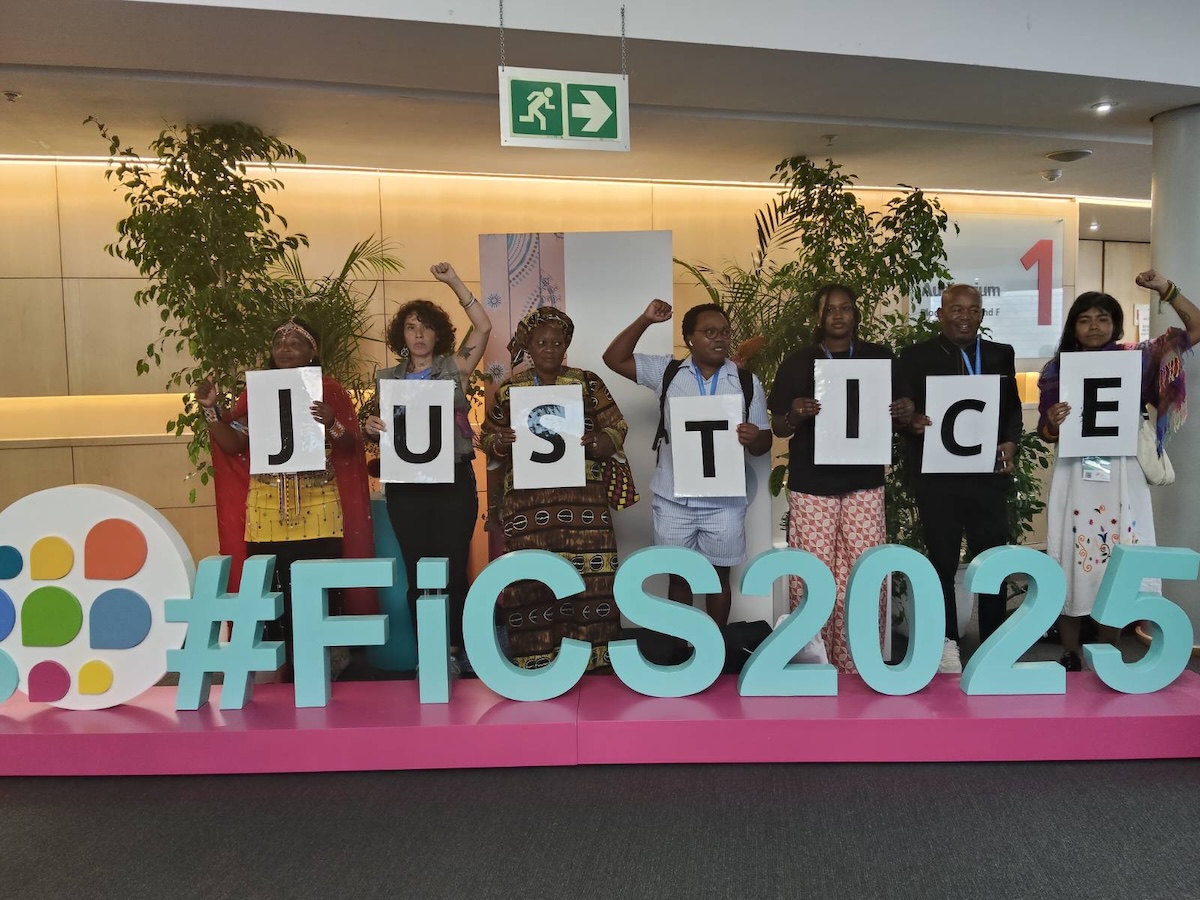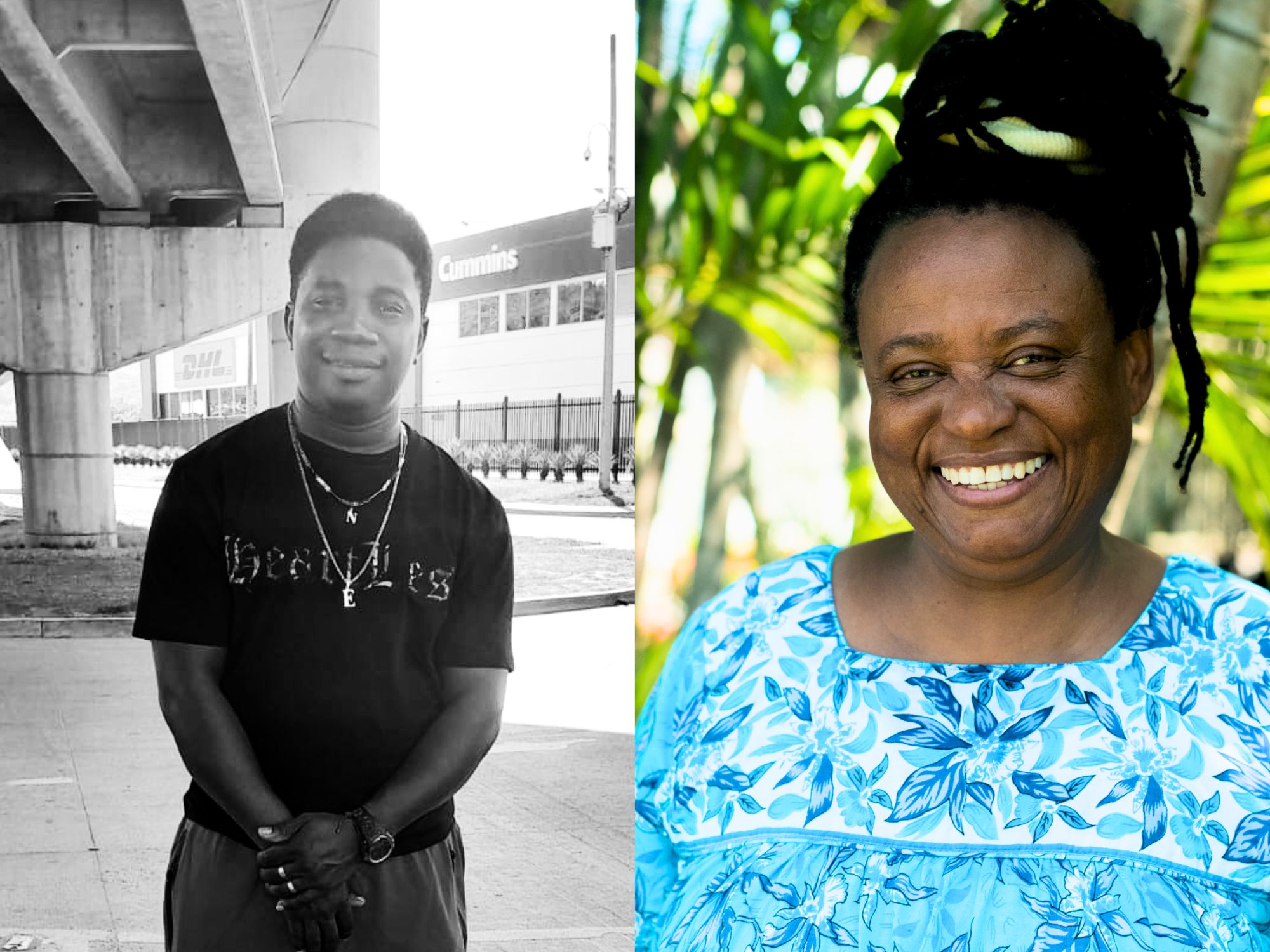As over 500 PDBs gathered in Cape Town, South Africa, from February 26-28, 2025 for the fifth edition of the Finance in Common Summit, ESCR-Net members amplified demands for a financial system that truly addresses the needs of communities facing the harsh realities of rising inequality, debt crisis, and escalating climate emergency.
Co-hosted by the Development Bank of South Africa (DBSA) and the Asia Infrastructure Investment Bank (AIIB) with support from the Agence française de développement (AFD), the summit drew over 2000 delegates to discuss “Fostering Infrastructure and Finance for Just and Sustainable Growth.” Yet, despite the urgency of the moment, many civil society organizations (CSOs) left the summit disappointed as the conversations continued to prioritize private-sector investments over public-centered solutions.
ESCR-Net contributed to a joint CSO Declaration calling on PBDs to vouch for a just, equal, sustainable, and robust financial system to enable states to fulfill economic, social and cultural rights for all and address global inequalities. The declaration further demands the banks to support reforms to the global financial architecture that facilitate debt cancellation and restructuring, prioritize national development, and support more democratic standards and norms including by adopting a UN Framework Convention on Sovereign Debt. The declaration also emphasizes the need to uphold human rights by ensuring that Free, Prior, and Informed consent (FPIC) is rigorously obtained in development projects affecting Indigenous People, prioritize community leadership in decision-making processes, and take measures to prevent and address harassment and violence against human rights and environmental defenders. Lastly, the declaration calls on banks to immediately commit to phasing out fossil fuels and redirect climate finance to support mitigation and adaptation measures and a just, renewable energy transition aligned with principles of transparency, accountability, community leadership, human rights, and gender equality.
Despite strong recommendations in the declaration, many of the solutions advanced at the summit prioritize private sector financing and investment as the solution to economic, financial, and climate crises. CSOs noted that these approaches often deepen sovereign debt crises, further straining vulnerable economies. In a world where over 3.3 billion people live in countries that spend more on debt servicing and repayment than on health and education, PBDs emphasis on neoliberal debt frameworks–favoring loans over grants–only perpetuates cycles of inequality.


